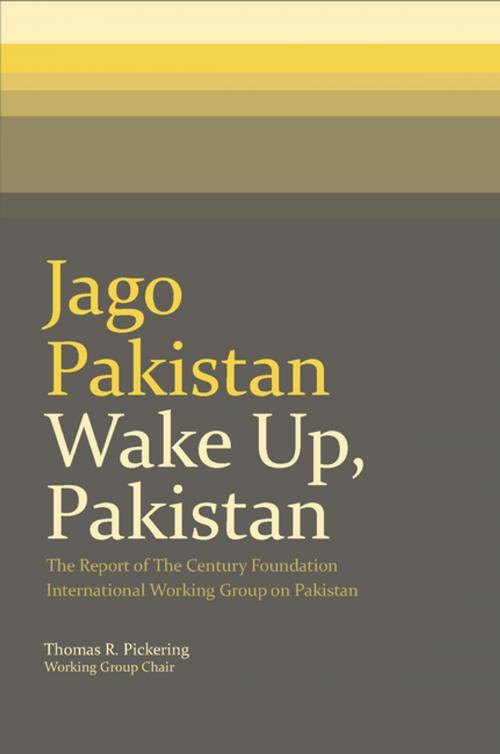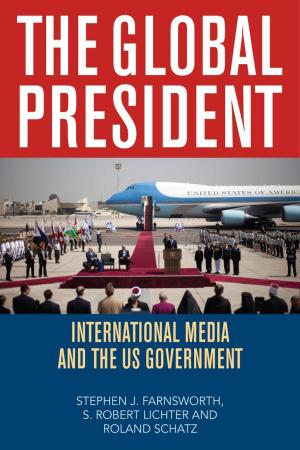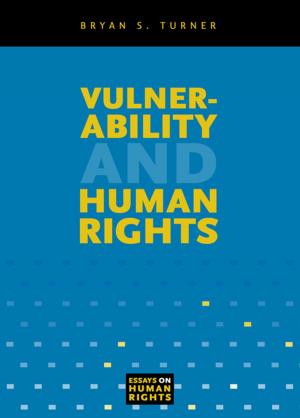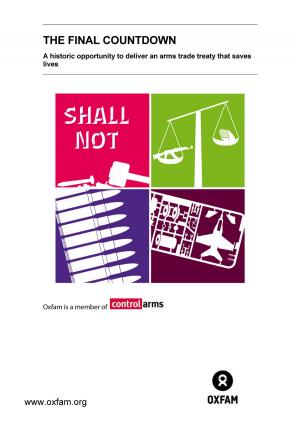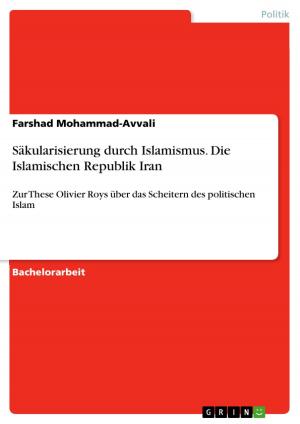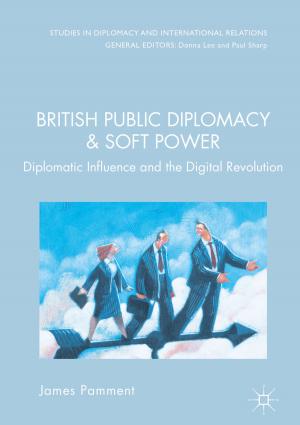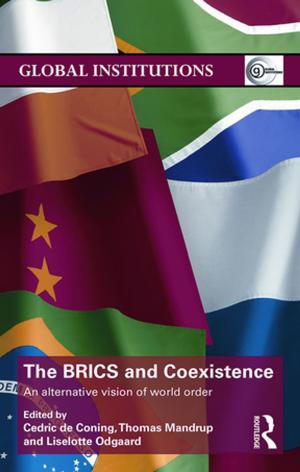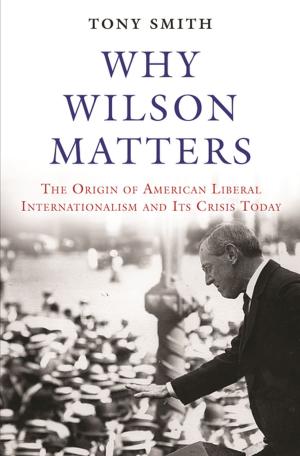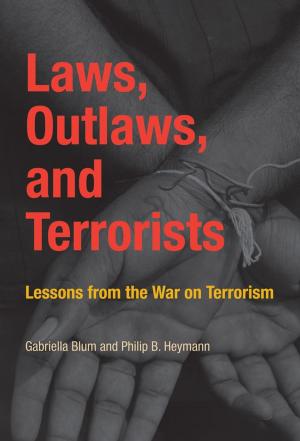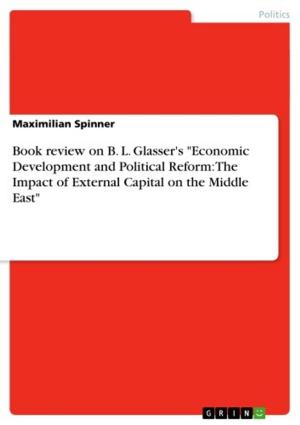Jago Pakistan / Wake Up, Pakistan
The Report of The Century Foundation International Working Group on Pakistan
Nonfiction, Social & Cultural Studies, Political Science, International, International Security, International Relations| Author: | Ambassador Thomas R. Pickering | ISBN: | 9780870785450 |
| Publisher: | The Century Foundation, Inc. | Publication: | May 14, 2015 |
| Imprint: | The Century Foundation Press | Language: | English |
| Author: | Ambassador Thomas R. Pickering |
| ISBN: | 9780870785450 |
| Publisher: | The Century Foundation, Inc. |
| Publication: | May 14, 2015 |
| Imprint: | The Century Foundation Press |
| Language: | English |
Pakistan is at a crossroads. While the threat from al-Qaeda has been diminished, militancy is still a critical, evolving, and growing threat. Pakistan lags behind most of its neighbors in many economic and human development indicators, while its democratic institutions are undercut by recurring civil-military crises and its political class is mired in a paralyzing fight that has crippled its legitimacy and its ability to govern. All of these issues require urgent attention and action by progressive forces within Pakistan, working with a vision shaped and supported in concert with the international community. This Working Group, chaired by Thomas R. Pickering, and comprised of a broad and diverse assemblage of Pakistani and international figures deeply concerned about the country’s future, believes it is time for Pakistan to wake up to its responsibilities to address these problems, and for its international partners to assist where they can. Preface Members of the Working Group Executive Summary Report of the Working Group 1. Introduction: A Changing Pakistan 2. Managing Key Regional Security Challenges 3. Violent Extremism 4. A Cooperative South Asian Economic Region 5. Internal Governance Reform 6. The Way Ahead: Two Post-2015 Pakistani Scenarios 7. Recommendations of the Working Group Notes About the Members of the Working Group
Pakistan is at a crossroads. While the threat from al-Qaeda has been diminished, militancy is still a critical, evolving, and growing threat. Pakistan lags behind most of its neighbors in many economic and human development indicators, while its democratic institutions are undercut by recurring civil-military crises and its political class is mired in a paralyzing fight that has crippled its legitimacy and its ability to govern. All of these issues require urgent attention and action by progressive forces within Pakistan, working with a vision shaped and supported in concert with the international community. This Working Group, chaired by Thomas R. Pickering, and comprised of a broad and diverse assemblage of Pakistani and international figures deeply concerned about the country’s future, believes it is time for Pakistan to wake up to its responsibilities to address these problems, and for its international partners to assist where they can. Preface Members of the Working Group Executive Summary Report of the Working Group 1. Introduction: A Changing Pakistan 2. Managing Key Regional Security Challenges 3. Violent Extremism 4. A Cooperative South Asian Economic Region 5. Internal Governance Reform 6. The Way Ahead: Two Post-2015 Pakistani Scenarios 7. Recommendations of the Working Group Notes About the Members of the Working Group
